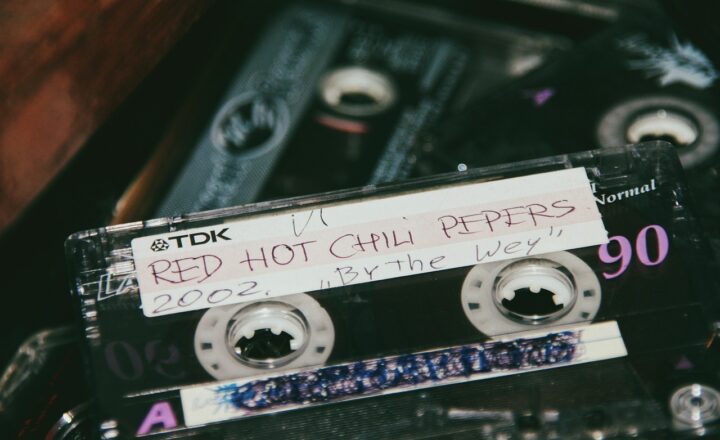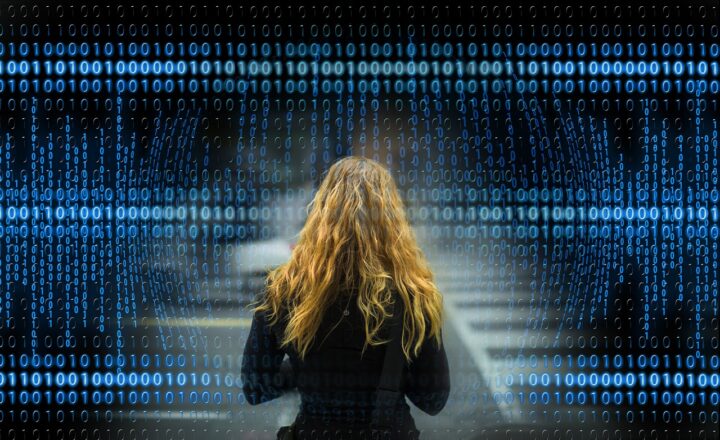How the Internet Is Shaping the Way We Preserve and Share Historical Knowledge
November 17, 2024

The advent of the internet has revolutionized how we access, preserve, and share historical knowledge. Gone are the days when history was confined to dusty libraries, thick tomes, and academic conferences. Today, thanks to the digital revolution, historical knowledge is at our fingertips, allowing people from all walks of life to engage with the past in ways that were once unimaginable. In this article, we will explore how the internet has transformed the preservation and dissemination of historical information, the implications of these changes for historians and the general public, and what the future may hold for historical scholarship in the digital age.
1. The Internet as a Repository of Historical Knowledge
Long gone are the days when accessing historical documents meant visiting a library or archive. Today, an impressive wealth of historical resources can be found online, from digitized manuscripts and archives to academic journals and government documents. Institutions around the world have taken significant steps to digitize their collections and make them accessible remotely.
Some notable examples include:
- The Digital Public Library of America: Offering access to millions of photographs, manuscripts, books, and videos from libraries across the United States.
- The British Library: Houses a vast collection of digitized manuscripts, maps, and texts that represent thousands of years of history.
- Europeana: A digital platform that connects millions of books, music tracks, paintings, and more from European cultural heritage institutions.
By providing users with easy access to primary sources and historical documents, the internet has democratized the study of history, allowing anyone with an internet connection to engage with the past.
2. Collaborative History: Crowdsourcing and Community Contributions
The internet has also paved the way for collaborative projects that harness the power of collective knowledge. Crowdsourcing initiatives have emerged as powerful tools for preserving and sharing historical knowledge.
One famous example is Wikipedia, the world’s largest free encyclopedia, where endless articles on historical events, figures, and places are constantly updated and refined by contributors from around the globe. This open-source platform acknowledges and incorporates diverse perspectives on historical narratives, contributing to a more nuanced understanding of the past.
Moreover, projects like Digital Histories and Histories of the Digital invite community members to contribute their personal stories, documentation, and multimedia that enrich our collective understanding of history. As a result, preserving and sharing historical information has become a communal responsibility rather than the sole domain of academics.
3. Online Platforms for Sharing Historical Knowledge
Digital platforms and social media have become key sites for the exchange of historical knowledge. Blogs, podcasts, and YouTube channels dedicated to historical content provide alternative spaces for expertise and storytelling. Such platforms facilitate dialogue between historians and the public, making history more accessible and relatable.
For instance, HistoryPod and Hardcore History present deep dives into historical topics in an engaging and entertaining manner, catering to audiences that may not have the time or inclination to read lengthy academic texts. These platforms help to foster a culture of curiosity about historical events and context, reinforcing the significance of the past in our understanding of the present.
Additionally, social media platforms like Instagram and Twitter have seen the rise of historians and history enthusiasts who share snippets of lesser-known historical facts, inspiring engagement and discussion that transcends academic boundaries.
4. Challenges of Preserving Historical Knowledge Online
Despite numerous benefits, the shift to digital preservation and sharing of historical knowledge is not without its challenges. One of the major concerns is the digital divide—the gap between those with internet access and those without. While much knowledge is available online, including historical resources, access remains uneven across different regions and demographics, potentially marginalizing underrepresented voices in the historical narrative.
Another challenge is the ephemeral nature of digital media. Websites can be taken down, links can break, and digital content can become obsolete over time. Without robust archiving practices, crucial historical information may be lost to future generations. This challenge demands proactive strategies for digital preservation, including the development of digital libraries and archiving initiatives.
Moreover, the issue of misinformation is increasingly pertinent in the digital age. The sheer volume of content available online means that not all information is reliable, necessitating a critical approach to sourcing and verifying historical narratives. This places the responsibility on individuals to ensure they are consuming information from credible sources.
5. The Future of History in the Digital Age
As we look to the future, there is no doubt that the internet will continue to shape how we preserve and share historical knowledge. Innovations in technology, such as virtual reality (VR) and artificial intelligence (AI), hold tremendous potential for enhancing our understanding of history in immersive and engaging ways.
For example, VR technology can recreate historical events, allowing users to virtually step into the past and experience history firsthand. Similarly, AI algorithms can help researchers analyze vast amounts of historical data more efficiently, identifying patterns and connections that may have previously gone unnoticed.
In response to the challenges discussed earlier, ongoing efforts will be necessary to promote digital literacy, enhance archiving practices, and develop equitable access to online historical resources.
Conclusion
The internet has undeniably transformed the way we preserve and share historical knowledge, opening doors for access, collaboration, and innovation. By democratizing historical study and employing new technologies, we can create a richer tapestry of shared human experiences that honors the past while paving the way for future generations. As we navigate this digital landscape, let us remain aware of the challenges ahead, ensuring that the history we share is accurate, inclusive, and accessible to all. Embracing the past is essential for understanding who we are today and how we can shape the world tomorrow.








